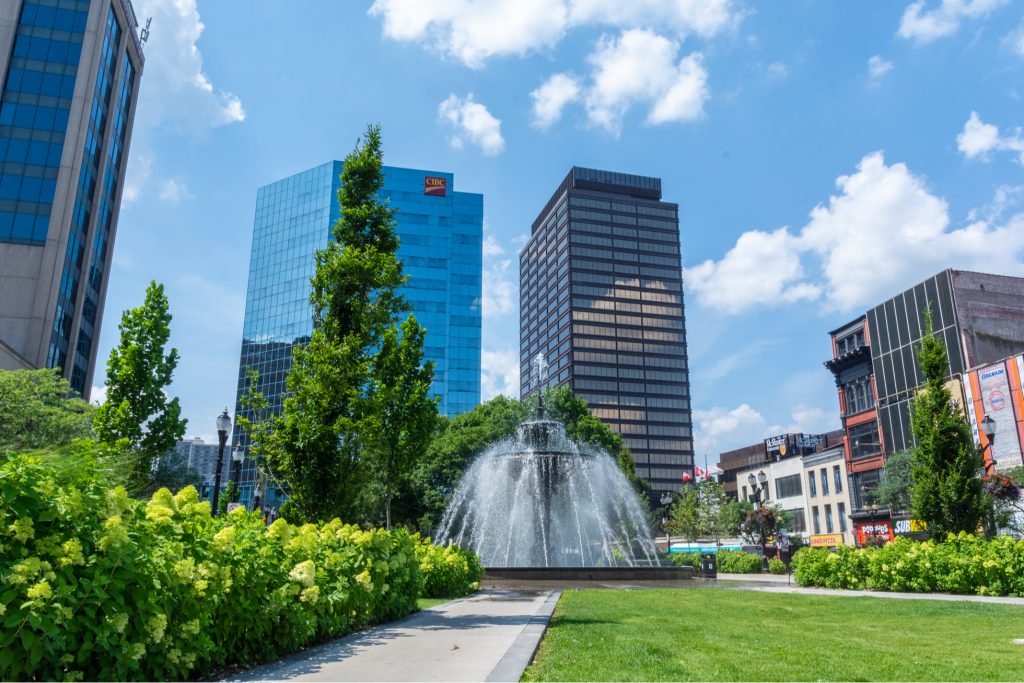Prior to renting a room or apartment in the City of Hamilton, property owners and rental occupants need to know their responsibilities and rights. Moreover, all rental agreements should say who is responsible for maintaining the property according to the City’s property by-laws. The following is a complete guideline for Hamilton’s short term rental regulations so that anyone can be a responsible host when using platforms like Airbnb, VRBO, and other similar services. This rundown should give you a good start in understanding your local by-laws.
By-Laws for Rental Properties
Heat
From September 15 to May 15 of each year, property owners of residential rental units must provide suitable and adequate heat to occupants. All living spaces must have a temperature of at least 68F or 20 C. A safe, operational, and permanent heating appliance capable of maintaining these temperatures must supply this heating.
Noise Ordinance
In Hamilton, no one must make an unreasonable noise that is likely to disturb the peace of their neighbours or the community.
Open Air Burning
Individuals with a rural property can apply for an Open Air Burning Permit to burn clean wood or brush.
For those who have an urban property, the Fire Department will inspect it and ensure that it will not be a risk or nuisance to neighbouring properties before granting a permit.
Pesticides
Property owners must not use pesticides on their property within the City of Hamilton.
Public Nuisances
No one must behave in a manner that could be considered a public nuisance. Examples of such acts include urinating in public locations, knocking over mailboxes, waste collection containers, etc.
Standing Water
Between April 1st and October 31st of each year, every landlord or occupant must guarantee that no standing water accumulates on the property. Standing water can serve as a breeding ground for insects and pests such as mosquitoes. As a result, it is likely to obstruct the enjoyment of the private property and public spaces by members of the public.
Vital Services
The Vital Services By-Law deals with utility shut-offs in rental properties, such as fuel, electricity or gas. The By-Law protects occupants and may assist renters too. As part of a lease or rent agreement, the landlord is responsible for utility payments. If a landlord has not paid the utility bill for which they are accountable, the utility will be or is likely to be turned off.
If the landlord is responsible for paying for essential utilities such as fuel, electricity, or has as part of a lease agreement. In that case, they must ensure that each of their rental units has an adequate supply of these services.
The landlord can only stop providing a vital service when absolutely required to change or repair the rental unit. They can only stop it for as long as it takes to fix the problem.
The fuel, electricity, or gas supplier cannot legally discontinue delivering the service to a rental property unless they give the City a 30 day written notice of the discontinuance.
Wildlife
Except for birds, individuals may not feed wildlife on the property, and the feeding must not disturb neighbours.
Property By-Laws
Property Standards
The Property Standards By-law requires all property owners to maintain and repair their property’s interior and exterior. These regulations are in place to protect tenants and the general public’s health and safety.
The By-law covers both the physical structure itself and the surroundings on and around the land or property. Areas include the interior and the exterior.
The property owner must correct all violations of Hamilton’s Property Standards By-law. In some situations, the occupants of the property may be required to correct the violation. Property owners must specify who is responsible for making repairs in the rental agreement.
Snow and Ice Removal from Roofs and Sidewalks
Within 24 hours of a sandstorm, or 24 hours after a series of snowfalls, you must clear all snow and ice from your walkways.
Hamilton’s Tree Laws
Many of the trees on front lawns are actually on the road allowance, which is City-owned property. Therefore, trimming, cutting, removing, or fastening anything to a City-owned tree is prohibited.
Yard Maintenance
The Yard Maintenance By-law requires property owners, as well as tenants to:
- Maintain a waste-free environment on their property.
- Make sure grass and weeds do not exceed 8 inches in height.
- Keep all buildings, structures, fences, walls, and vehicles clear of graffiti on the property’s exterior.
Other Short Term Rental Regulations
As a responsible host, you must comprehend and abide by other vacation rental rules and regulations that bind you. These include leases, community rules, HOA rules, or other guidelines. Feel free to reach out to your landlord, housing authority, or community council to find out more. To get more information about other short term rental regulations, you can also visit Hamilton’s official website or contact us.
